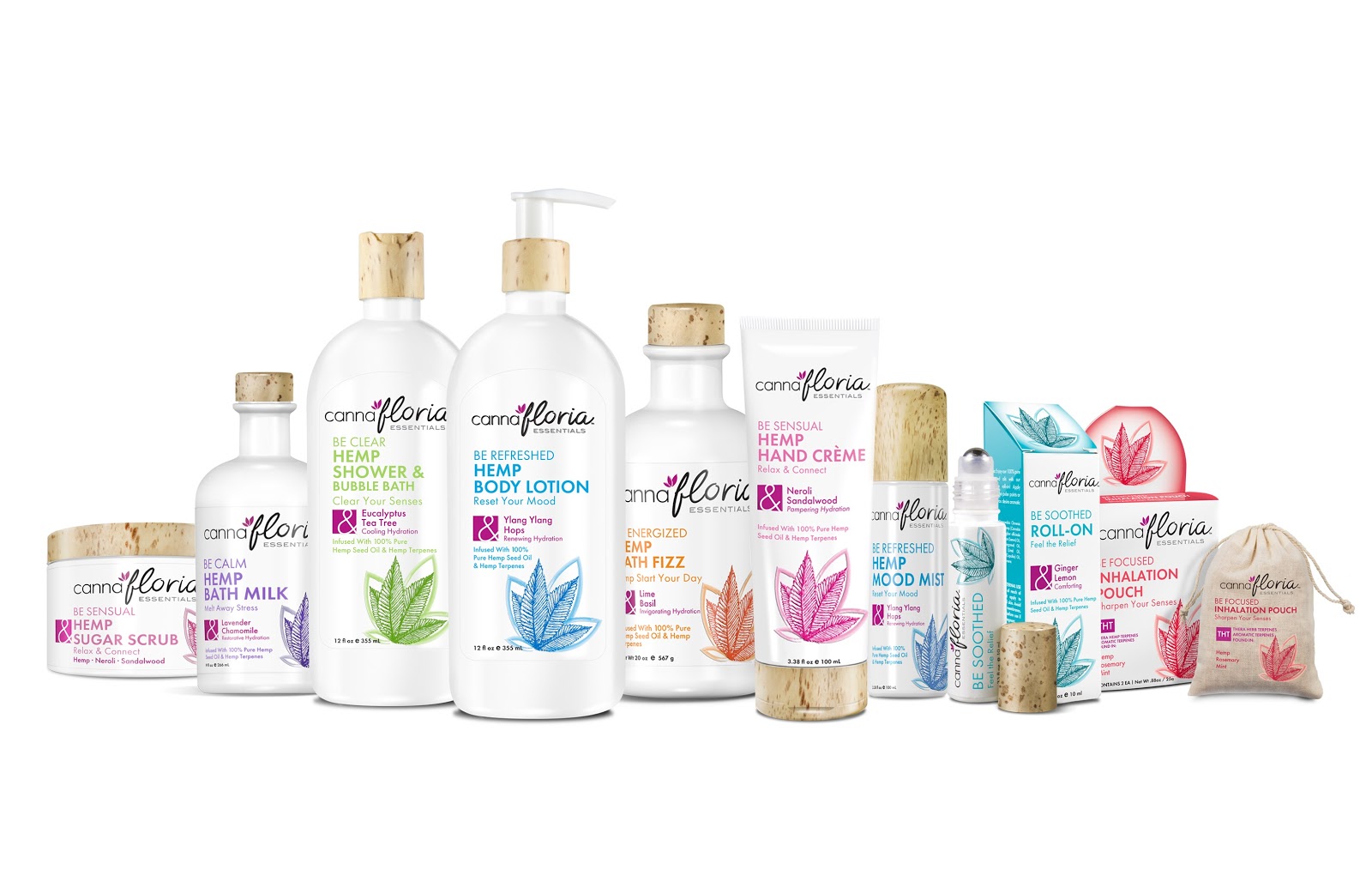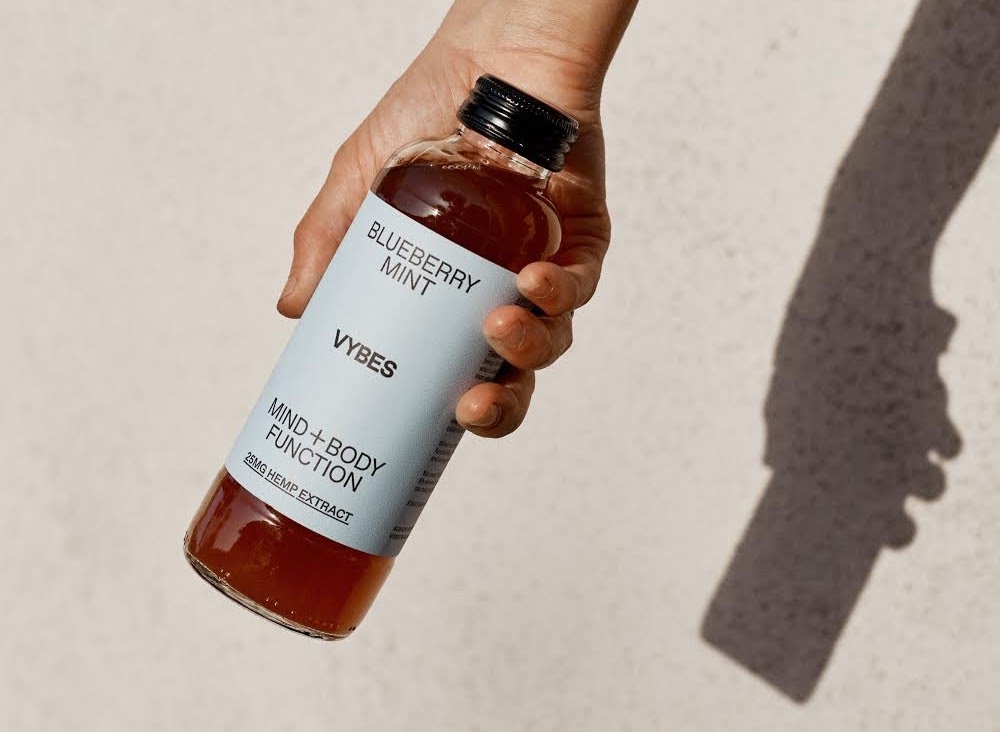Actionable pieces of advice for entrepreneurs seeking to enter one of the fastest-growing sectors in the world
10 min read
Opinions expressed by Entrepreneur contributors are their own.
CBD may promise to ease your worries and chill you out, but being an entrepreneur in CBD industry is anything but mellow.
There is a bevy of hungry competition and new hemp-derived brands entering the market every day. They all want a piece of the CBD pie that is predicted to balloon to $20 billion by 2024. You have your business plan, check. But what does it really take to start your own CBD company?
It’s not easy. You need to set yourself apart. You need to stay up-to-date compliant with a mountain of constantly-shifting regulations. Most importantly, you need to source hemp that is well-produced. The quality — how the hemp is grown, rigorous testing, pesticides, and generations of hemp phenotypes that make for a CBD-enriched product — are all equally important.
Here are eight things you must know before starting your own CBD business. These actionable tips also offer some critical advice given by several successful CEOs and founders who are already in the CBD game.
1. Raise Capital, And Then More Capital
Capital is needed in order to enter the market intelligently. As the kids say, come correct.
Series-A funding rounds can be cut-throat. Hedge funds, both private and public, are eager to invest in the hemp sector. Some companies thrive and get valuations beyond their wildest dreams in pre-seed equity rounds, including Arizona’s first licensed hemp operated Integrated CBD, which raised over $76 million in 2019. Then there’s a $50 million series A funding round for Demetrix CBD producers this summer. It is now up to those respective companies to live up to valuations for new partners and investors.
A cannabis business conference is one good place to start if you’re looking to meet investors. There are now dozens of reputable conferences every year that focus on various specializations within the field. The largest conference that combines them all — science, tech, finance, business, investing — is MJBizCon. Other options include the CBD Expo Tour. Yes, it’s about networking, but there are hungry investors on stage and on the floor at this Comic Con of cannabis.
RELATED: Why Cannabis Oil Is Big Business (and How to Capitalize on It)
2. Partner With A Producer
Your CBD and hemp farmers are the most important partner you will have. The integral piece of the puzzle. You could have every other item on this list but without a quality partner who produces the hemp to meet your demand, you won’t succeed.
Sharon Christie, CEO and Founder of Cannafloria Essentials, “cannot stress enough that the attention to detail that one must consider and apply in the selection of raw material and ingredients.” Her company has been sourcing botanical ingredients for 30 years in both Aromafloria Essentials and CBD-centric line Cannafloria Essentials product offerings. Christie makes it a point to “personally investigate” all raw materials that her company uses in its product lines. “The integrity of the ingredients goes back to the soil and the hands of the farmer, who I call the stewards of the land. They care for the outcome based on their attention to detail for genetics,” says Christie. “It all starts with the seed and soil.”
One farmers association with vetted members is called the Hemp Industry Association. Founded in 1994, they have a thorough application process and will only certify legitimate and licensed cultivators. Colorado has the largest number of established hemp producers. Some are taking new clients, some are not due to limited scalability. New agricultural hemp states with pilot programs, like Tennessee and Wyoming, have farmers with space to fill. “Ensure you know where your hemp is grown and that the farmer is licensed in a state with a hemp pilot program,” says Jonathan Eppers, CEO and founder of VYBES CBD beverage company. His advice also urges to make sure an additional partner, “the extractor or processor of the hemp into CBD is also licensed and reputable.
3. Create A Brand Story That Stands Out
“The [CBD] category has gotten incredibly crowded over the last 12 months,” says Eppers, who founded his beverage CBD brand in January of 2018. “How do you differentiate yourself in a market where there are already so many products competing with one another?”
CBD is a highly competitive space. You need to differentiate your brand with a story beyond, ‘we want to capitalize on CBD craze.’ Consumers can see right through that facade. Think past what is trendy and into something more long-lasting.
It is equally important to be unique and not a copycat brand. Eppers continues: “How do you get consumers to buy your product over one that’s been in the market already and has some name recognition and traction?”
4. Market Through Education
Finding creative ways to educate your consumer base means your brand is memorable among a sea of competitors.
“What has surprised me the most in building our Cannafloria Essentials brand is the level of opposition to understand the other important aspects of cannabis sativa (hemp) seed oil and the terpenes found in cannabis, which are actually the more important aromatic elements of the plant that creates what is referred to as the entourage effect,” explains Christie. Her company’s focus on aroma and aromatherapy has led its brand to specialize in terpenes.
“We as a company are founded on aromatherapy and the sense of smell as a fundamental means of wellness. The consumer today albeit has taken 30 years now understands the power of smell,” says Christie. “Enter in the new leaf in town — cannabis, with all its own unique terpenes that help us relax, sleep and reduce anxiety and are the simplest way to enjoy a non-regulated product that can reach all 50 states and around the world.”

Cannafloria Essentials product lineup includes accessible hemp and CBD skincare offerings. (Photo courtesy of Cannafloria)
“The clamor by the retailers for CBD, CBD, CBD, just seems to be an oversight where everything has to start from somewhere and education is the key to this category. We have an expression to “go low and go slow”. What better way to start to learn about the properties and its effects then to start with hemp itself. The plant with non-psychoactive characteristics and learn about its sustainability and how it can contribute to society and even possibly save our planet. I thought this would be a pretty easy message that would be received well. We still stand behind this promise of introducing the story of hemp and terpenes to create a pleasurable experience for the consumer who then will become more thirsty for information about CBD and then also about cannabis and THC and how they may introduce it to their own wellness regime for a longer happier life in balance.”
5. Commit To Research And Lab Testing
There is very little research on cannabidiol. That’s why leading CBD companies are dedicated to discovering more through trials and clinical studies. One piece of the puzzle for CBD companies is to make the case for the medical claims their product may want to state, but can’t due to the strict regulations currently from the FDA. Once there is more published, clinical research on CBD and it’s benefits, then companies will be able to advertise those benefits without fear of repercussions from the federal agency.
“It’s vital that you require independent lab reports demonstrating the purity and potency of the CBD & whether or not it complies with the 2019 Farm Bill. Third, look for a partner who is already supplying to a company that’s using their CBD in a similar way you’d be using it. Meaning, if you’re making a beverage and sourcing a water-soluble CBD, does the supplier you’re looking already sell to someone else who is using it for the same purposes? If yes, have you tried the other company’s product and has it been tested for purity and potency?”
RELATED: How to Start and Market Your CBD Company
6. Prioritize Compliance To Laws And Regulations
“Be prepared to navigate a patchwork of federal, state and city regulations that are often at odds with one another on the legality of CBD,” says Jonathan Eppers, CEO and founder of VYBES, a Los Angeles-based CBD beverage brand. His company is in a particularly difficult position because the FDA has yet to determine regulations for CBD. A compliance officer will be a good resource to consult on your local production laws.
While CBD is federally legal, the Food and Drug Administration has yet to determine the regulations for edible, drinkable CBD items. Those account for a huge portion of the market, though, demand is massive. By 2025, food and beverage would comprise 44 percent of hemp-derived CBD products, Nielsen predicts.
7. Build Consumer Trust
“In an unregulated category like CBD, it’s becoming more and more important to retailers and consumers that the products they buy and put into their bodies are actually what they say they are,” Eppers says.
“To many entrepreneurs operating in the category aren’t having their finished goods lab tested for purity and potency. Even entrepreneurs that are lab testing their finished goods, most aren’t sharing the lab reports with their consumers,” says Eppers of VYBES. His company has been lab testing every batch and being transparent on its website since its inception. The additional step of posting the reports online, which Eppers says has helped his brand to build trust.

VYBES CBD beverage company has built a hyper-cool lifestyle culture around its product. (Photo courtesy of VYBES)
8. Carpe Diem
Don’t hesitate. As you may have noticed in the last two years, things are moving quickly for this industry. Many companies first to market are going to be the largest competitors down the road. “There’s only one thing I would have done differently, but life circumstances got in the way,” says Christie. The Cannafloria business owner reflects on the time she lived in Los Angeles’ “Cannabis Row”, the area surrounding Pico Boulevard in 1996, when the pre-ICO licenses were open for application. “My husband had just been diagnosed with a terminal lung disease and my focus was redirected to his health.”
“Opportunities come in many different ways — yesterday is gone, tomorrow hasn’t come, so it’s all about seizing the moment today,” Christie explains. “Had the circumstances been different at the time, I would have opened a licensed dispensary and created a wellness institute that provided education, clean, tested products and would have set a standard within the industry that has taken over 20 years to get to where we are now and still continues to operate without federal oversight.”
https://www.greenentrepreneur.com/article/343300

